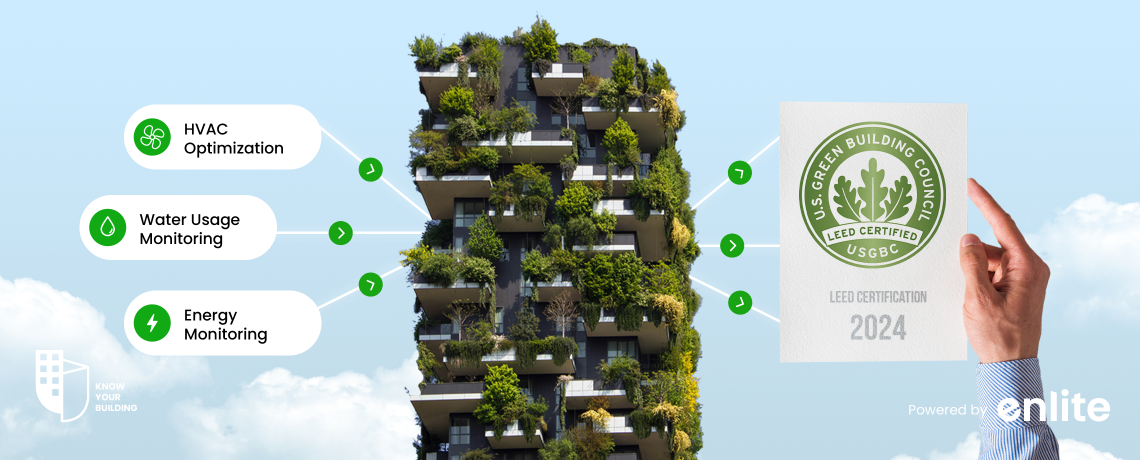Building Management Systems (BMS) are instrumental in helping buildings achieve green certifications like LEED and BREEAM by meeting specific environmental standards. These certifications recognize buildings that demonstrate a commitment to sustainability and environmental stewardship. BMS help buildings meet these standards by optimizing energy and water use, reducing carbon emissions, and enhancing indoor environmental quality. For example, BMS can monitor and control lighting, HVAC, and water systems to ensure efficient resource use and minimal environmental impact. Data shows that buildings using BMS are more likely to achieve green certifications, with some reports indicating a 30% increase in certification rates for buildings with BMS. These systems provide the necessary tools and technologies to meet stringent environmental standards, making them essential for green building initiatives.
Case studies highlight the role of BMS in achieving green certifications. For instance, a commercial office building that implemented BMS to optimize energy and water use achieved LEED Gold certification. The BMS helped the building reduce its energy consumption by 30% and water usage by 20%, meeting the necessary criteria for certification. Another example is an industrial facility that used BMS to integrate renewable energy sources and enhance indoor air quality, earning a BREEAM Excellent rating. These buildings demonstrate how BMS can help meet the rigorous standards required for green certifications, showcasing the environmental and operational benefits of these systems. By leveraging BMS, buildings can achieve higher levels of sustainability and gain recognition for their environmental efforts.
The data from these case studies demonstrates the effectiveness of BMS in promoting environmental stewardship and achieving green certifications. By optimizing resource use and enhancing indoor environmental quality, BMS help buildings meet the necessary criteria for certification and achieve their sustainability goals. Furthermore, achieving green certifications can provide additional benefits, such as improved marketability, increased property value, and potential financial incentives. In conclusion, BMS are essential for helping buildings achieve green certifications by meeting specific environmental standards and promoting sustainability, making them a valuable tool for green building initiatives.
Achieve your green certification goals with our cloud-native building management solutions. Our innovative products help optimize resource use and enhance indoor environmental quality, making it easier to meet stringent environmental standards. Contact us today to learn more about how we can support your green building initiatives.














